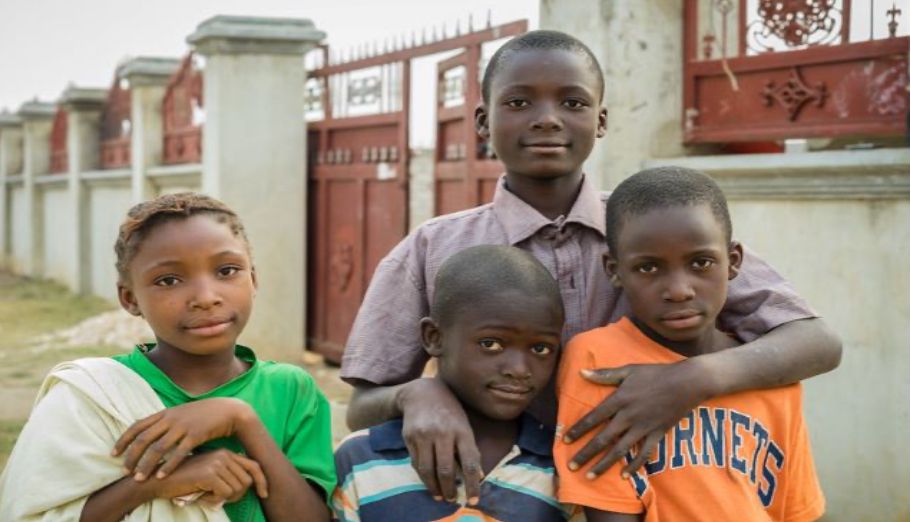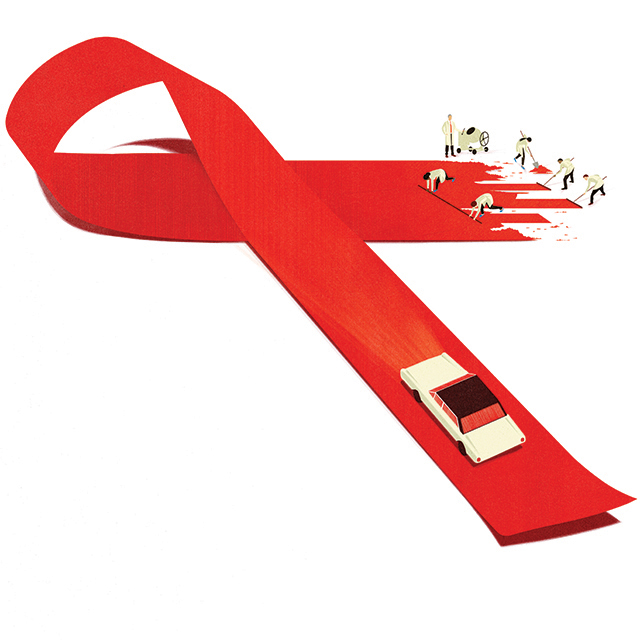

Over the years, mental health has become a focal point of societal discourse and it is not difficult to see why. From the advent of new socio-technological inventions like social media to the ever present but dynamic realities of the economy, experts have diligently strove to understand how these factors affect individuals as well as human society as a whole. These studies have led to a deeper understanding of the profound societal effects mental health have on civilizations.
However, in light of these broader discussions, it is very easy to forget the finer details pertaining specific demographics. One of these demographics that may be casually but inadvertently brushed over is that of the Nigerian child. In modern Nigeria—a country that is now a melting pot of both traditional and modern values and culture norms—understanding the complexities of the Nigerian child’s mental health in the contemporary era has become even more imperative.
This brings us to the meat of the article; what exactly is mental health? According to the WHO, mental health is “a state of mental well-being that enables people to cope with the stresses of life, realize their abilities, learn well and work well, and contribute to their community.”
The CDC has also made the connection between good mental health in children and success in reaching developmental and emotional milestones as well as the quality of life the child enjoys. This is just some out of the litany of evidence pointing to the paramount importance mental health plays in the life and development of a child.
In Nigeria unfortunately, not enough attention is being paid to this critical issue. This is very disturbing because children are the future of any nation, hence the importance in catering towards the mental wellbeing of the little ones.
Data from a UNICEF survey in 2021 revealed that a significant number of young people in Nigeria are facing mental health challenges, with 1 in every 6 young Nigerians between the ages of 15 and 24 saying they “often feel depressed, have little interest in doing things, or are worried, nervous or anxious.”Another study also shows that the prevalence of childhood mental health issues amongst the Nigerian populace stands at about 20%; a worrisomely high number.
These and many other studies have shown the poor state of the mental health of the Nigerian child in the modern era. Despite this deplorable conditions, Child and Adolescent Mental Health (CAMH) remains a grossly under-addressed issue in the country. This apathy has inevitably led to a host of avoidable but regrettable societal issues like high rates of juvenile delinquency, social stigma, educational difficulties, uncontrolled public panic attacks and human rights violations.
What then, can be done to stop this train wreck of a situation? The Federal Government under the administration of Former President Muhammad Buhari in 2023 passed the very first National Mental Health Bill. Now known as the Mental Health Act, it addresses important issues including access to care, involuntary commitment, and “the use of restraints” on mentally challenged individuals.
It also addresses the rights of people with mental illnesses in the workplace, residential places, and other settings. The Act seeks to improve the availability and quality of mental health care services in the country, and is also geared towards reducing the stigmatization and discrimination directed towards people facing mental health issues in Nigeria. While this is a step in the right direction, more comprehensive strategies are needed to tackle the root causes of mental health issues amongst Nigerian children as well as the larger populace.
Mental health educational programs should be integrated into school curricula at all levels to raise awareness on the realities and facts surrounding mental health in Nigeria. Routine health check-ups should also be normalized, as early detection of mental conditions vastly improves the prognosis and long term outcome of the affected individual.
The mental healthcare sector should be subsidised, and socio-economic factors negatively affecting the mental health of the Nigerian child addressed. Collaborations between the government and international bodies as well as NGOs that are driven towards advocating for policies that are beneficial to the Nigerian child’s mental health and wellbeing will also produce significantly results.
The mental health landscape for children in Nigeria is staggeringly complex and ever-changing. However, pro-active steps can be taken to demystify this seemingly insurmountable issue. With the appropriate policies and their proper implementation, it will soon be safe to say that the Nigerian child can look forward to a better future in terms of mental health, development and quality of life.
Abdulateef Adebisi




